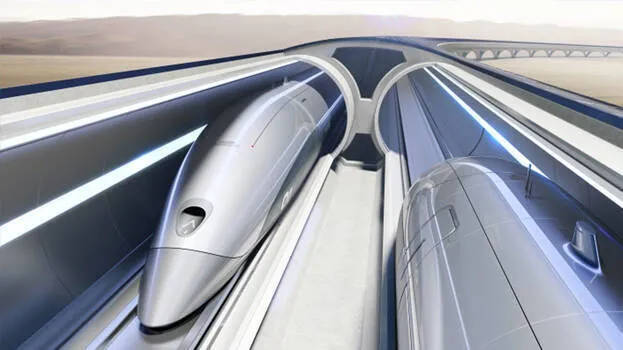

NEW DELHI: India has witnessed significant advancements in its transportation sector in recent years. The development of highways, roads, and metro systems has transformed urban mobility, while the introduction of Vande Bharat trains has further enhanced the country's railway network. Now, Indian Railways is taking another major step toward ultra-high-speed travel.
A revolutionary transportation system, Hyperloop, capable of reaching speeds of up to 1,000 km per hour, is becoming a reality in India. Indian Railways, in collaboration with IIT Madras, has developed a 422-meter-long Hyperloop test track. Railway Minister Ashwini Vaishnaw announced the achievement through a post on X, sharing a video of the test track. This is India's first Hyperloop test track.
It is estimated that the Hyperloop system could cover 350 km in just 30 minutes. To put this into perspective, if implemented in Kerala, it could reduce travel time from Kasaragod to Thiruvananthapuram to just one hour.
Ashwini Vaishnaw highlighted that the development of this first test pod and track marks a significant technological breakthrough. He also announced that following the first two grants of $1 million each, an additional $1 million in funding will soon be provided for the next phase of development. The 422-meter-long test track has been set up at the Discovery Campus of IIT Madras.
What is Hyperloop?
Hyperloop operates using magnetic levitation (maglev) technology within low-pressure tubes. The system consists of capsule-shaped pods that transport passengers and cargo at ultra-high speeds with minimal energy consumption.